The World Health Organization’s corruption by China got put on full display in the COVID-19 crisis, so much so that the US and other nations are considering serious defunding decisions. However, as Josh Rogin writes at the Washington Post, WHO’s problems go far beyond China. Like other United Nations subsidiaries, WHO has a dictator problem — and it’s far past time to demand that the UN deal with it:
This week, President Trump announced that he is suspending U.S. funding for the World Health Organization. He accused the organization of taking “China’s assurances at face value” and pushing “China’s misinformation” about the coronavirus outbreak there.
He’s not wrong. On that count, the WHO is guilty as charged. But the WHO’s penchant for cozying up to dictatorships at the expense of public health is not limited to China. Just look at its shameful track record in Syria.
The WHO has done the same things and worse when it comes to the regime led by Bashar al-Assad. Its behavior is emblematic of a greater problem in United Nations organizations that argue that their need to work with terrible governments justifies actions to further those regimes’ agendas.
Read the rest of Rogin’s column to get the details on WHO’s abetting of Assad’s genocide. The lesson won’t be lost on Hot Air readers, though, considering the corruption and collaboration that the UN and especially its Human Rights Council has had with the world’s worst regimes. The UN and its subsidiaries more often than not act as apologists for dictatorships, especially leftist regimes, as those countries burrow into the UN’s bureaucracies.
WHO is no exception, and this problem gets an apt demonstration in a catch made by the Daily Caller yesterday. Back in late February, when senior advisor Bruce Aylward had returned from China to review their response to COVID-19, the BBC asked him whether WHO had bothered to check the data China had provided to ensure its accuracy — a basic step in any scientific review. Aylward said that they couldn’t be bothered at the time to confirm that China hadn’t lied to them, but as the transcript shows, that didn’t stop Aylward from praising China’s response (emphasis mine):
BBC: From BBC News. Dr Aylward, you spoke very eloquently about the positive measures China has taken. But of course, for the world fully understand how such a virus on such a huge scale has taking hold in a province like Hubei, causing such a devastating impact on the Chinese economy and threatening the global economy. From the global perspective, we also need to understand what went wrong. But I was interested that you touched on it, but didn’t really expand on it, what the lessons to the negative might be. My question to you is this. You obviously spoke to people in Wuhan, the doctors, the people on the front lines. What extent do you think cover up and censorship played a role in allowing the virus to accelerate at the rate it did?
Bruce Aylward: Do you want one question at a time? First of all, the purpose of the mission right now was look at what works. I’m not avoiding question, but the purpose was what works. We’re in a global emergency. Are the things we can take from here that we comply to the others? So we do need to know what didn’t work as well to your question. And as I mentioned, one of the things we looked at, it wasn’t, frankly, just in Hubei, because also in other areas, there’s delays that rapidly acting on alerts can be one issue. This is such a common problem in every single outbreak of an emergent or unexpected disease, because you’re not thinking of that disease in that place.
Whether other factors such as the one you mentioned, play role, I don’t know, frankly, didn’t look at that. …
And what I don’t understand is China learned a lesson in one way really sour and horrific, but the others 30 provinces have not gotten out of control. It is extraordinary. And then as soon as it hits other countries, boom, it’s going like this. And that was the reason I took so long to explain what I did. There’s really important lesson about speed here and the aggressiveness of these. These are not control measures that people know how to do anymore. They don’t do case finding or contact tracing, except for Ebola in West Africa or in DR Congo. This is old fashioned stuff using really modern tools like these to try and that’s what China did.
Of course, one has to just accept that whatever China allowed Aylward to see was the whole truth, and not just a PR spin campaign designed to sucker WHO into becoming its propaganda patsy. Six weeks earlier, WHO had already learned the hard way that China couldn’t be trusted when it reported on January 14th that it had seen no evidence of human-to-human transmission — when the shutdown that Aylward cites here should have beeb obvious evidence to the contrary.
And that doesn’t even count the fact that Taiwan had warned WHO directly about human-to-human transmission in late December, after cases showed up there. Rather than act as scientists, WHO ignored Taiwan to appease Beijing’s political stance that Taiwan should not be recognized as a separate entity from the People’s Republic of China.
Donald Trump reminded everyone of that point earlier this morning:
https://twitter.com/realDonaldTrump/status/1251138465246449664
Why? Because WHO’s primary focus is politics, not science. That doesn’t mean they don’t do science, but that politics interferes with it to the point of uselessness. That was certainly the case in late December and early January when it mattered most, and it was still the case in late February when WHO and Aylward simply accepted China’s data without verifying or testing it. That may be a lot of things, but science it ain’t.

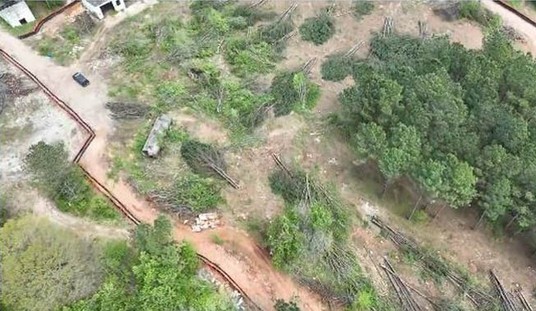

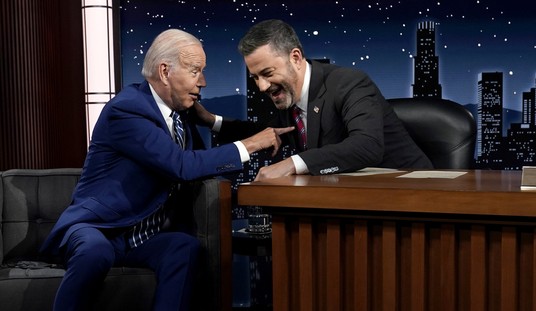
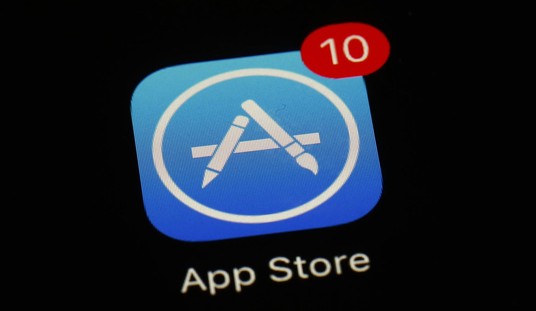

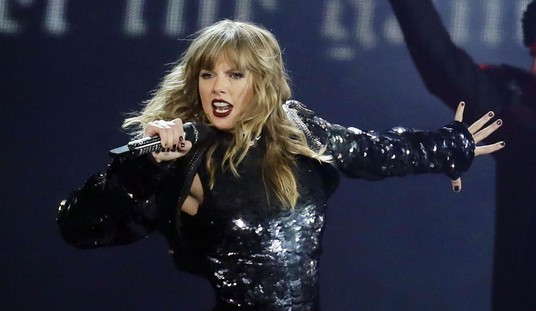
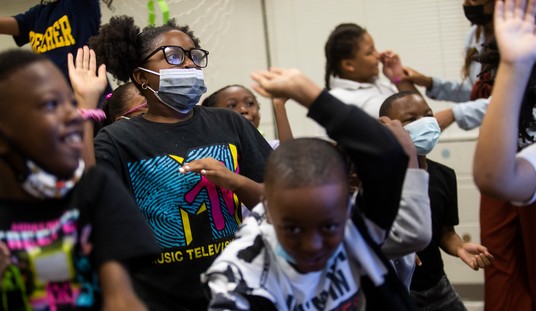
Join the conversation as a VIP Member